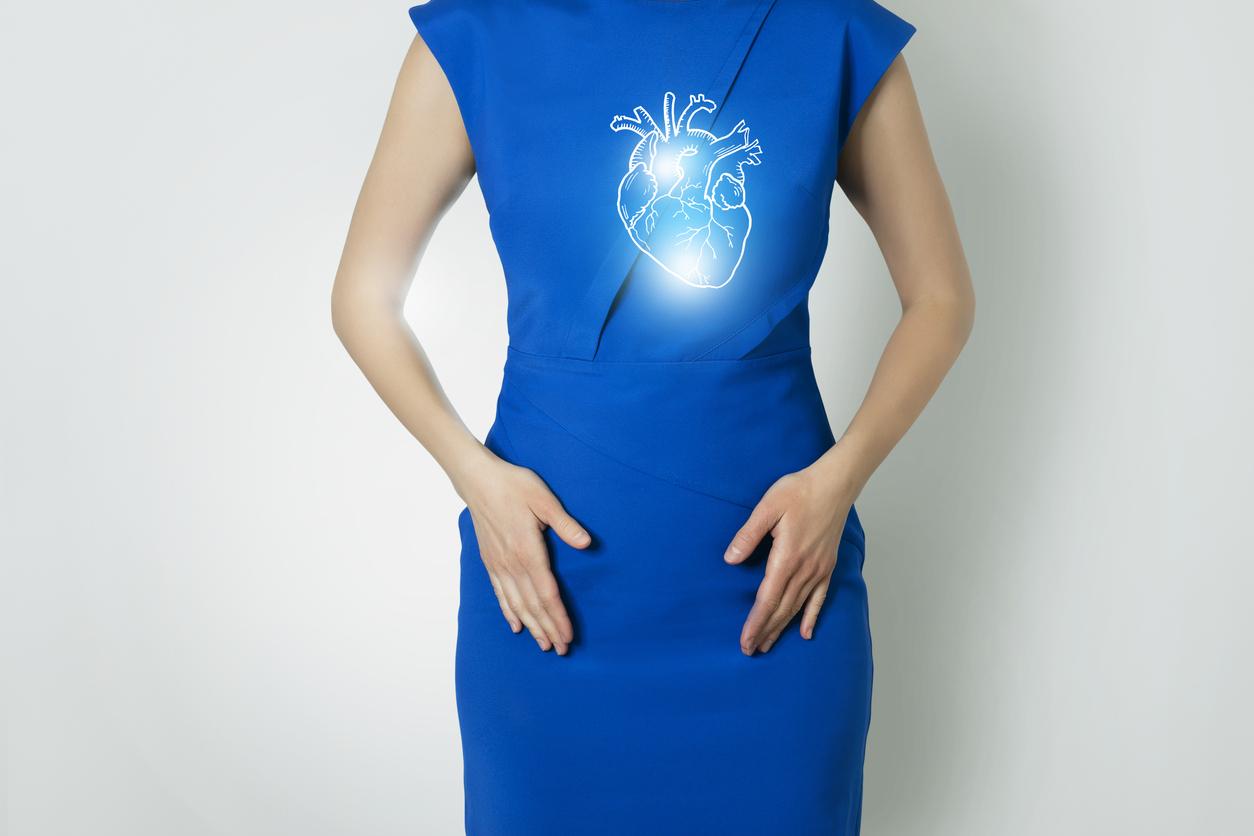Canadian researchers provide reassuring information on the consumption of soy-based foods by women during menopause.

- Soy isoflavones, “compounds similar in structure to the hormone estrogen,” are known for their cardioprotective effects and their ability to relieve menopausal symptoms.
- The latter have no effect on the main markers of estrogen-related cancers.
- Unlike the hormone estrogen in humans, they do not bind to all estrogen receptors in the same way, supporting their safety as a food and as a potential therapy.
“Despite recommendations to increase consumption of plant-based foods for public and planetary health and the role that soy products can play in predominantly plant-based diets, controversies regarding the effects of plant-based foods soy, especially soy isoflavones, compounds similar in structure to the hormone estrogen, constitute a barrier to their consumption Given their cardioprotective effects and their ability to relieve menopausal symptoms, he “It’s especially important for women to learn more about these concerns, including the soy-cancer myth.” This is what scientists from the University of Toronto (Canada) wrote in a study published in the journal Advances in Nutrition.
40 randomized controlled trials involving more than 3,000 people
To determine the effect of soy isoflavones on measures of estrogenicity in postmenopausal women, the team collected and reviewed 40 randomized controlled trials involving 3,285 patients. The latter compared the effects of a median dose of 75 mg/day of soy isoflavones taken for 24 weeks on four different biological outcomes linked to the risk of endometrial cancer and other female cancers with those of a placebo. . These results included thickness of the uterine lining, vaginal maturation index (a measure of estrogen status in the vaginal environment), and levels of circulating estrogen and follicle-stimulating hormone.
Female cancers: soy isoflavones did not affect estrogen-related markers
Data showed that consumption of soy isoflavones did not affect key markers of estrogen-related cancers. According to the authors, these compounds behave differently from human estrogens. They “probably act as selective estrogen receptor modulators. This is why we see a beneficial effect on the cardiovascular system and no effect on the female reproductive system.” This difference in biological activity explains why soy isoflavones have been considered as a possible alternative to hormone replacement therapy, which is used to treat the symptoms of menopause by replacing the estrogen that the body stops producing during this time.
“We hope our study will help people feel more comfortable about including soy foods in their diet without fear that it will increase their risk of estrogen-dependent cancer,” concluded Laura Chiavarolimain author of the work.



















